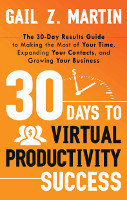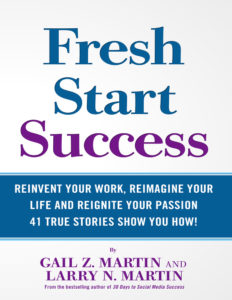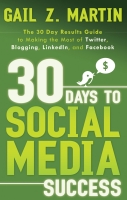A group of scientists and researchers put five monkeys in a cage, in the middle of the cage was a ladder. On top of the ladder was a bunch of bananas. When a monkey climbed the ladder to catch the bananas and reached the top, a jet of cold water was thrown on the others who were on the ground.
After a certain time, when a monkey climbed to catch the bananas, the others took him off the lader and spanked him. Later on, no one climbed the ladder anymore, in spite of the temptation of the sweet treat at the top.
Next, one of them was replaced by a new monkey. The first thing he tried to do was to climb the ladder, but he was taken off by the others who spanked him. As he was not able to reach the top, the others did not receive the jet of cold water. After some spanking, the new member of the group stopped trying to reach the bananas anymore.
A second monkey was replaced in the cage and the same thing happened to him. The first one took part, with enthusiasm in the spanking of the new one. A third was replaced and the same thing happened. A fourth, and finally the last one of the members of the group was replaced.
The researchers, then, had in the cage a group of five monkeys who had never received a cold bath through were still spanking the one who tried to reach the bananas. If it were possible to ask any of them why they spanked the one who tried to climb the ladder, surely, among the answers the most frequent one would be:
“I don’t know, but things have always been like this around here.”
Are there actions that you are taking in your business or your life that originally had a life affirming reason for being part of you, but no longer serves you? For example:
- What did you have for breakfast;
- How you respond to survey calls;
- How your respond to solicitation visits;
- How you respond to requests for help;
- How you ask for help.
During this week of transition, check out what is on auto-pilot, and why is the banana in your life still hanging there above the ladder?










